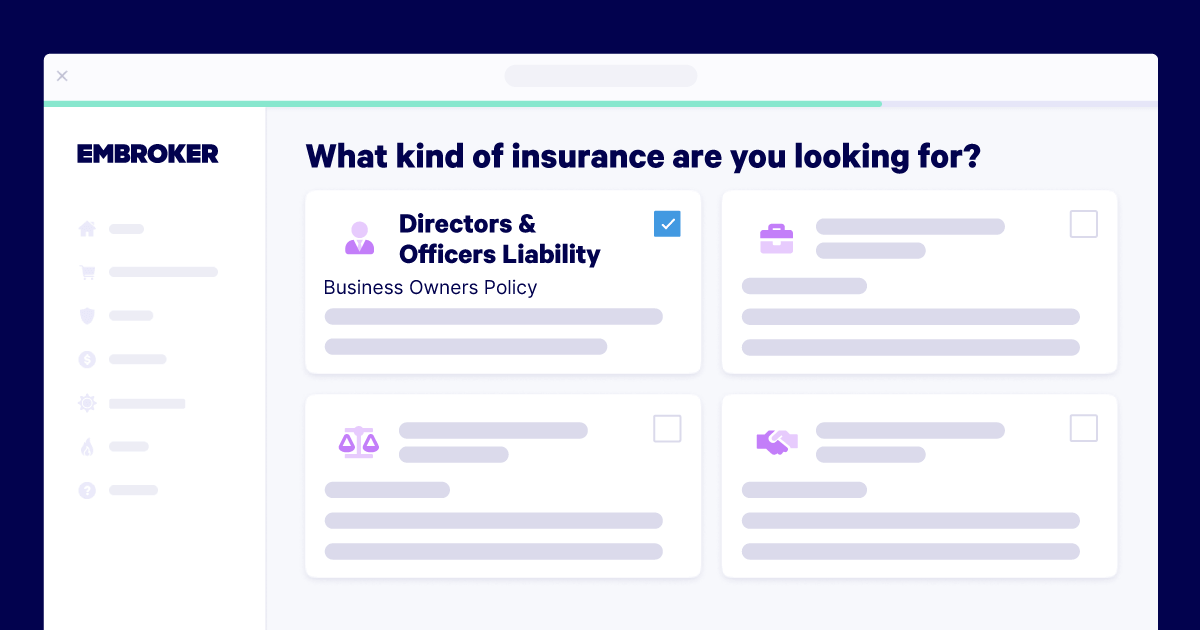As a real estate agent, you’re not just in the business of helping people find their dream homes or sell their properties. You’re also in the business of managing risks. Every day, you navigate a complex landscape of legal, financial, and practical challenges. This real estate risk management guide is your roadmap to understanding and mitigating the key risks you face in your profession.
Legal and Regulatory Compliance: Staying on the Right Side of the Law
Real estate is a highly regulated industry, and for good reason. The stakes are high when you’re dealing with people’s homes and life savings. Here’s what you need to do to stay on top of things:
- Stay up-to-date with local, state, and federal real estate laws. These can change frequently, so make it a habit to review updates regularly.
- Understand fair housing laws inside and out. Discrimination, even if unintentional, can lead to serious legal consequences.
- Maintain proper licensing and continuing education requirements. Set reminders well in advance of expiration dates.
- Be meticulous with your paperwork. Use standardized forms whenever possible and have a lawyer review any custom contracts.
Tip: Consider joining a professional association like the National Association of Realtors. They often provide resources and updates on legal matters.
Cybersecurity: Protecting Your Clients and Yourself in the Digital Age
In today’s digital world, cyber and data security aren’t just for tech companies. As a real estate agent, you handle sensitive personal and financial information daily. Here’s how to keep it safe:
- Use strong, unique passwords for all your accounts and consider a password manager.
- Implement two-factor authentication wherever possible.
- Be cautious with public Wi-Fi. Use a VPN when working outside your secure office network.
- Regularly update your software and devices to patch security vulnerabilities.
- Train yourself and your team on recognizing phishing attempts and other common cyber threats.
Remember, a data breach can not only harm your clients but also severely damage your reputation. Many professional liability insurance policies now offer cyber liability coverage — it’s worth looking into.
Avoiding Misrepresentation and Fraud: The Truth, The Whole Truth, and Nothing But The Truth
Misrepresentation, whether intentional or not, can lead to lawsuits and damage your professional reputation. Here’s how to stay honest and protect yourself:
- Always verify information before passing it on to clients. Don’t rely solely on what the seller tells you about a property.
- Disclose everything you know about a property, even if it might make the sale more difficult.
- Be clear about what you don’t know. It’s okay to say, “I’m not sure, but I’ll find out for you.”
- Keep detailed records of all communications and transactions.
- If you’re ever in doubt about whether to disclose something, err on the side of caution and disclose.
While this may seem like obvious advice, a robust real estate risk management plan must include even the most foundational risks. That way, your firm is protected from everything you may or may not encounter.
Safety First: Managing Risks During Property Showings
Your personal safety should always be a top priority. Open houses and private showings can put you in vulnerable situations. Here are some safety measures to consider:
- Always let someone know where you’re going and when you expect to return.
- Trust your instincts. If a situation feels off, it probably is.
- Consider using a safety app designed for real estate agents.
- When possible, avoid showing properties alone, especially to new clients or in remote areas.
- Keep your phone charged and easily accessible at all times.
Professional Liability: Understanding Errors and Omissions Insurance
No matter how careful you are, mistakes can happen. That’s where Errors and Omissions (E&O) insurance comes in. This type of professional liability insurance can protect you from financial losses if a client sues you for alleged negligence or mistakes in your professional services.
Key points about E&O insurance:
- It typically covers legal defense costs and settlements or judgments.
- Policies can vary widely, so read the fine print and understand what is and isn’t covered.
- Some brokerages provide E&O insurance, but you may want to consider additional coverage for more complete protection.
- Keep in mind that E&O insurance doesn’t cover intentional wrongdoing or criminal acts.
For a more in-depth look at professional liability for real estate agents, check out our full article here.
Protecting Your Reputation: The Asset You Can’t Afford to Lose
In real estate, your reputation is everything. A single misstep can undo years of hard work. Here’s how to protect and enhance your professional image:
- Consistently deliver excellent service. Go above and beyond for your clients whenever possible.
- Be responsive and communicative. Keep your clients in the loop, even when there’s no news to report.
- Handle negative feedback professionally. Address concerns promptly and courteously.
- Build a strong online presence. Regularly update your website and social media profiles with valuable content.
- Ask satisfied clients for reviews and testimonials. These can be powerful in attracting new business.
Dispute Resolution: Turning Unhappy Clients into Satisfied Customers
Even with your best efforts, disputes can arise. How you handle these situations can make the difference between a damaged reputation and a loyal client. When considering real estate risk management, your clients can be the biggest risk you face.
Here’s how to manage disputes effectively:
- Actively listen to your client’s concerns without interrupting or becoming defensive.
- Acknowledge their feelings and show empathy, even if you disagree with their perspective.
- Focus on solutions rather than blame. Ask, “How can we resolve this?” rather than, “Who’s at fault?”
- Document everything related to the dispute, including your efforts to resolve it.
- If necessary, consider mediation before resorting to legal action.
Remember, sometimes the cost of resolving a dispute (even if you’re in the right) can be less than the potential damage to your reputation.
Putting It All Together: Your Real Estate Risk Management Checklist
To help you implement these strategies, here’s a quick real estate risk management checklist to review regularly:
- Legal Compliance:
- □ Review recent changes in real estate laws
- □ Check licensing and education requirements
- □ Audit recent transactions for proper documentation
- Cybersecurity:
- □ Update passwords
- □ Run software updates
- □ Review and update data handling procedures
- Misrepresentation Prevention:
- □ Double-check all property information
- □ Review recent client communications for clarity
- Safety:
- □ Test and update safety apps or protocols
- □ Review and communicate safety procedures with team members
- Insurance:
- □ Review E&O policy coverage
- □ Assess the need for additional coverage
- Cyber Insurance
- Workers’ Compensation
- Business Owners’ Insurance
- Reputation Management:
- □ Google yourself and address any negative content
- □ Request new client reviews
- □ Update online profiles and website
- Client Relations:
- □ Follow up with recent clients for feedback
- □ Address any outstanding client concerns
By implementing these strategies and regularly reviewing your risk management practices, you can protect yourself, your clients, and your business. Remember, effective real estate risk management isn’t about eliminating all threats — that’s impossible in any business. Instead, it’s about understanding the risks you face and taking proactive steps to mitigate them.
As you navigate the complex world of real estate, keep this guide handy. Refer to it often, and don’t hesitate to seek professional advice when needed. With the right approach to real estate risk management, you can focus on what you do best — helping your clients achieve their homebuying dreams.
Stay safe, stay compliant, and here’s to your continued success in the exciting world of real estate.
Publisher: Source link











